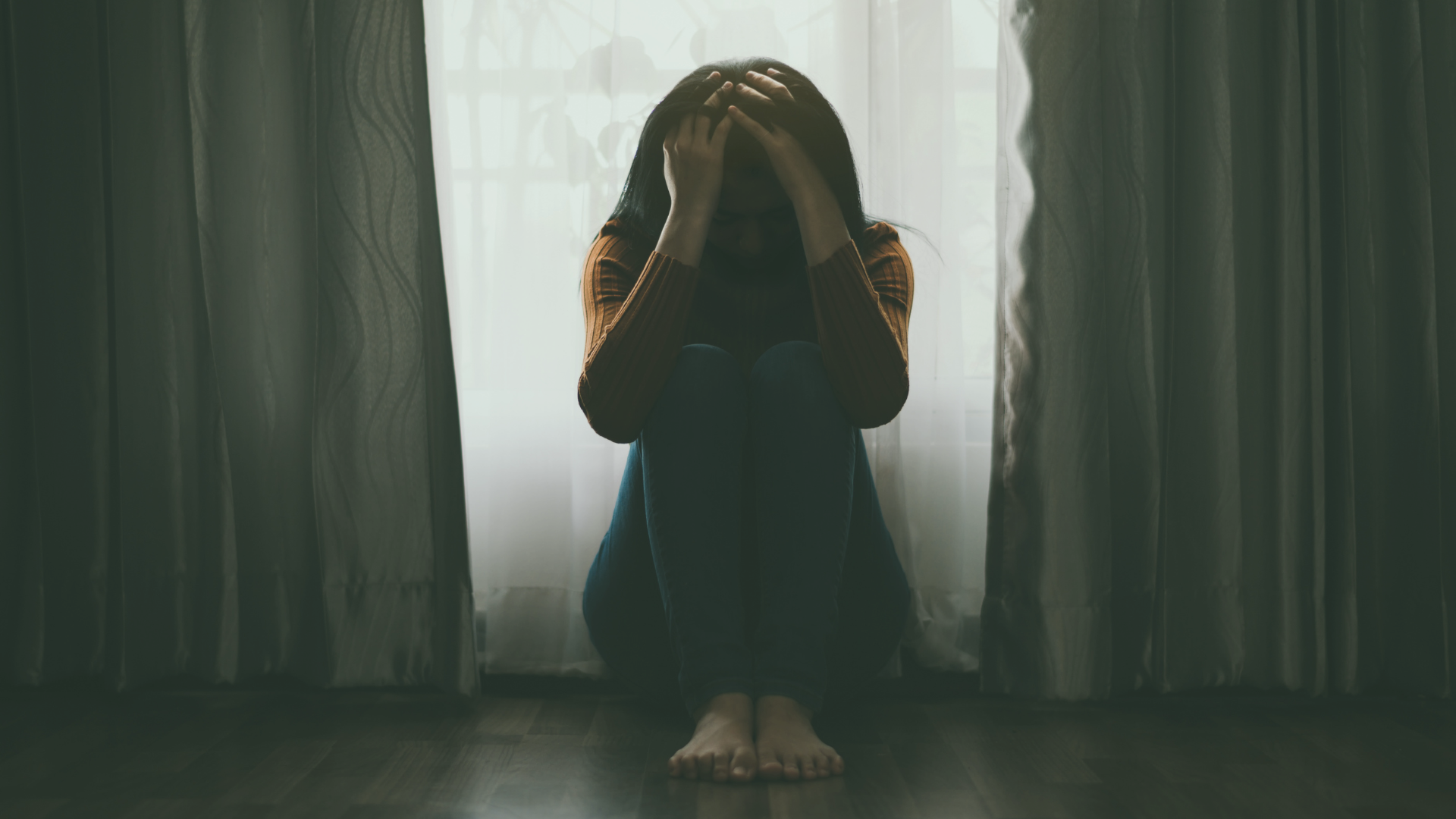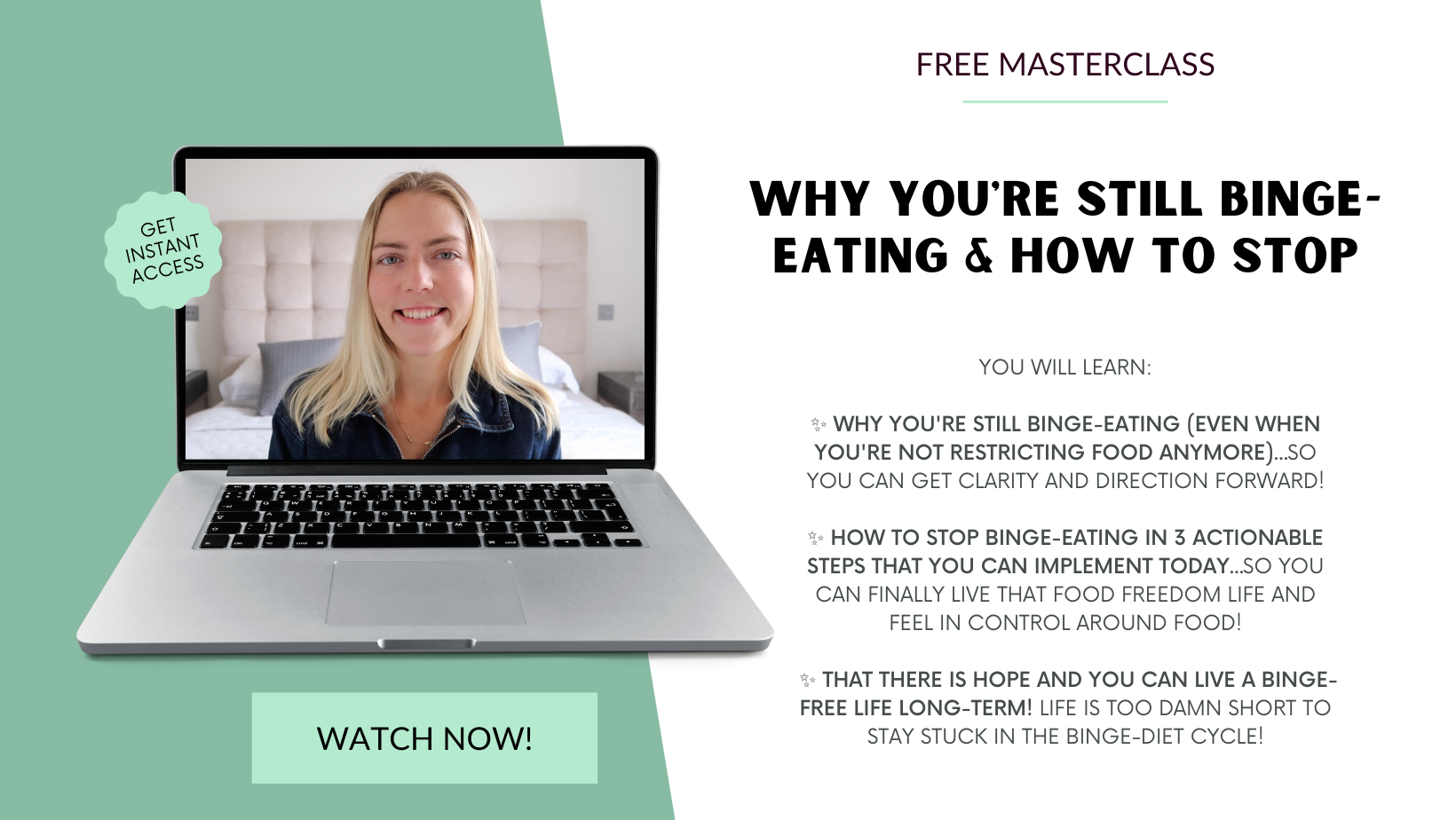Transition From Denial To Discovery: Am I A Binge Eater?
Jul 03, 2023
Am I A Binge Eater? Understanding And Addressing My Relationship With Food
Discover if you're a binge eater. Understand your relationship with food. Learn common signs, causes & tips to overcome it. Find support & advice. Take the first step to a healthier you.

Are you in the habit of concealing empty food packaging, experiencing feelings of shame and remorse following a late-night food spree? Are you constantly at war with your cravings, unable to resist the allure of food even when you're not hungry? Have you ever wondered whether your connection with food is descending into chaos? Have you ever questioned whether your occasional overeating has crossed the line into binge eating? Uncover the underlying reality of your eating patterns and confront the signs of binge eating that you might be ignoring.
In today's fast-paced world, it's not uncommon for teenagers to face various challenges that can affect their physical and mental health. One such challenge is binge eating disorder, a condition characterised by recurrent episodes of consuming large quantities of food within a short period. In this blog post, we will explore the symptoms of binge eating disorder, its impact on mental health and weight gain, and the importance of seeking appropriate treatment. Have you ever questioned yourself… "Am I a binge eater?".
Understanding Binge Eating Disorder:
Binge eating disorder (BED) is a serious eating disorder that can affect people of all ages, including high school students. It is different from occasional overeating or indulging in treats now and then. BED involves feeling uncomfortably full and out of control while eating, even when not physically hungry. Individuals who suffer from Binge Eating Disorder (BED) frequently encounter feelings of shame, remorse, and emotional turmoil following episodes of excessive eating.

Symptoms of Binge Eating Disorder:
To gain a clearer understanding of whether you may be experiencing binge eating disorder, take into account the following typical indications:
- Consuming a significant quantity of food in a short timeframe.
- Feeling uncomfortably full or bloated after a binge episode.
- Consuming food even when not experiencing physical hunger or a sense of satiety.
- Eating rapidly during binge episodes.
- Experiencing a sense of powerlessness regarding eating patterns during episodes of binges.
- Experiencing feelings of shame, remorse, or emotional turmoil in relation to bingeing.
- Frequently eating alone or in secret due to embarrassment.

Effects of Binge Eating Disorder:
Binge eating disorder can lead to significant impacts on both the physical and mental well-being of individuals. Here are a few key impacts to be aware of:
- Weight Gain: This can occur as a result of regular episodes of binge eating, which can potentially contribute to obesity over time.
- Mental Health: BED is closely associated with mental health issues such as depression, anxiety, and low self-esteem. The guilt and shame surrounding binge episodes can worsen these symptoms.
- Body Image: People with binge eating disorder often struggle with negative body image and dissatisfaction, leading to a poor self-image and potential body dysmorphia.

Myths About Binge-Eating or Mistaken BED Signs:
Below are several indicators that are occasionally misinterpreted as manifestations of binge-eating but can originate from various root causes. It is crucial to recognize these signs in order to differentiate them from binge-eating disorder accurately.
- Overeating occasionally: Occasionally indulging in overeating, specifically during certain events or social gatherings, does not automatically imply the presence of binge-eating disorder (BED). It's common for people to indulge in larger portions or enjoy a feast during special events without it being indicative of an eating disorder.
- Emotional eating: Although emotional eating can be a part of binge-eating disorder, it is not limited solely to this disorder. Many people turn to food as a coping mechanism during times of stress, sadness, or boredom, but it becomes concerning when it becomes a recurrent and uncontrollable pattern.
- Occasional food cravings: Craving specific foods occasionally is a normal part of life. However, in binge-eating disorder, the cravings are typically intense and can lead to consuming large quantities of food rapidly, often accompanied by a loss of control.
- Enjoying food: Enjoying food and having a healthy appetite is a normal aspect of life. People with binge-eating disorder may experience guilt, shame, and distress after episodes of binge-eating, which distinguishes it from simply enjoying a good meal.
- Eating quickly: Eating at a fast pace does not always indicate the presence of binge-eating disorder. Some individuals naturally eat at a faster pace due to various reasons, such as personal habits or cultural influences. However, rapid consumption of large amounts of food, accompanied by feelings of loss of control, can be a potential symptom of binge-eating disorder.

Seeking Help and Treatment:
If you suspect that you or someone you know may be struggling with binge eating disorder, it is crucial to seek help and support. It's important to know that you are not alone, and there are various resources that can help you. Here are some steps you can consider taking:
- Talk to Someone: Reach out to a trusted adult, such as a parent, teacher, or school counsellor, who can provide guidance and support.
- Seek Professional Help: A mental health professional, such as a therapist or psychologist, can help diagnose and provide treatment options tailored to your specific needs.
- Eating Disorder Treatment: The treatment options for binge eating disorder can include therapy, counselling, and participating in support groups. These interventions can help address the underlying issues contributing to the disorder and develop healthier coping mechanisms.
In conclusion, binge eating disorder is a serious condition that affects individuals of all ages. Recognizing the symptoms and seeking appropriate help is crucial for maintaining both physical and mental well-being. Always keep in mind that you are not alone, and with the proper support, it is achievable to conquer binge eating disorder and develop a more positive connection with food and your body. Reach out for help, because your well-being matters.
Believe it or not, I truly understand the struggle you may be facing with binge eating and the emotional toll it can take because I’ve been there too. That is also why I am doing everything I can do in my power to help people who are struggling to overcome this.
If you are already aware or know that you are suffering from BED, have done many things that don’t work and want to really see yourself do something that will really do the job, try this FREE MASTERCLASS about “Why You’re Still Binge-Eating and How to Stop”. Embrace your journey to heal your relationship with food and yourself. Seek support, discover coping strategies, and know that you're not alone. Take control of your journey towards overcoming binge eating and nurturing a life that is both healthier and more joyful for yourself. You matter, and you have the strength to triumph over this challenge. Keep moving forward with self-compassion and determination, and let healing and self-discovery be your guiding stars. You've got this!
You've reached the end of this rollercoaster ride, a body and food relationship journey. Remember, recognizing that you might be a binge eater is the first step toward reclaiming control over your relationship with food. Seek professional guidance, implement strategies for overcoming binge eating, and remember to be patient and kind to yourself. Together, we can unmask the secret foodie and embark on a journey of healing and self-discovery.
Sending you lots of love and support,
Brid
Start your food and body healing journey with the FREE masterclass
"Why You're Still Binge-Eating & How To Stop"



